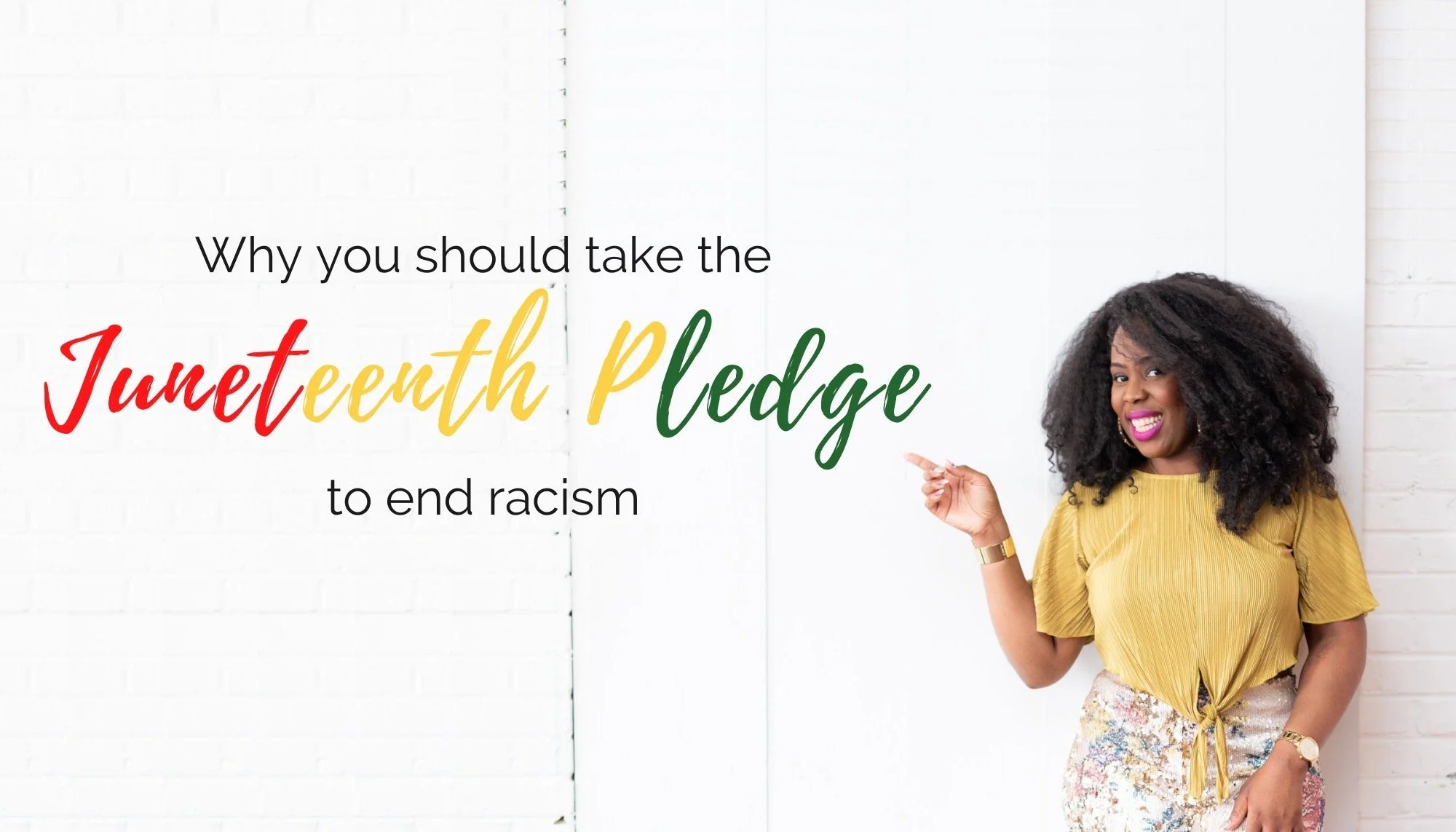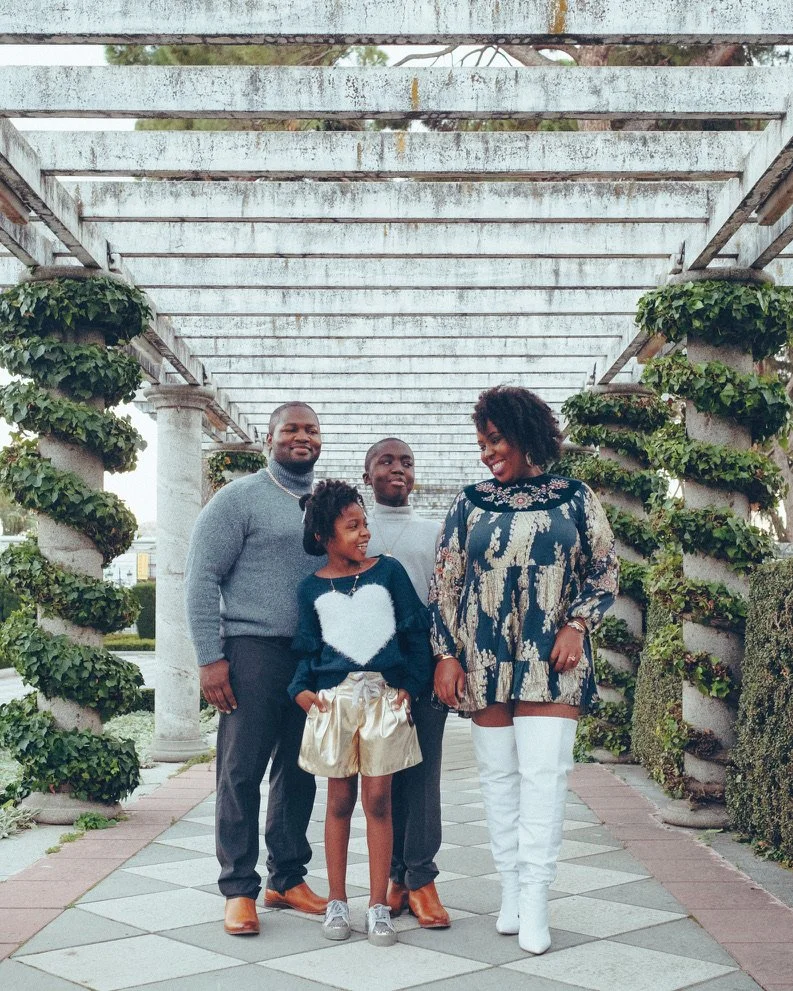Pursue Black Liberation Challenge
What does Black liberation mean to Monique Melton and Why does it matter?
Two years ago to the month, millions of Americans broke quarantine for the first time to take to the streets in protest against police brutality and racial discrimination after the police murdered George Floyd. Between 15 and 26 million protesters took to the streets, 168 confederate statues were dismantled, and #Blacklivesmatter was used 47.8 million times on twitter in just a few days. However, just a few short months after America saw one of its biggest, most widespread protests for black liberation (though it was incredibly performative for most), most white folks went back to their old routines of working from home and waiting for the pandemic to end, oblivious again to the ongoing fight for black liberation and equality.
But racism far from ended when Instagram became a mosaic of black squares, or even when colorful graffiti covered the stone bases confederate figures once loomed over. The struggle for black liberation and anti-racism is an ongoing battle, and it doesn’t end once a hashtag stops trending.
The words that i live by? "Black liberation is a daily pursuit that requires an ongoing commitment to anti-racism." when I realized that #Blacklivesmatter was starting to become a single-season issue for white folks, I launched an incredible black liberation challenge.
In celebration of Juneteenth–one of the most important days in the struggle for black liberation–I’m challenging corporations across every industry to accept accountability and take meaningful action against injustice and oppression in the workplace. And I’m certainly aiming high. My goal? 19,000 commitments to anti-racism via enrollments in my Black liberation course on racism 101.
While there are laws in place to prevent overt discrimination, verbal abuse, and hostile behavior in the workplace, modern racism has evolved into more subtle and insidious forms. Discrimination in the workplace is often present in a company’s hiring and promotion practices. Many hiring managers and recruiters follow a long-established pattern of denying African American professionals opportunities and promotions based on implicit biases and unjust assumptions. However, very few of those hiring managers or the companies they work are ever held legally accountable for their unfair hiring practices. The burden of proof in a civil case regarding discrimination in the work place or in the hiring process falls on the candidate in question. And more often than not, those plaintiffs don’t have access to the internal company documents that would reveal the grim truth. On top of that, one study found that 40 percent of employees who filed reports with the equal employment opportunity commission faced retaliation from the employer.
And even though affirmative action laws were passed years ago in an attempt to level the playing field, those same laws are often used as ammunition against black employees. So while African Americans are often passed up for promotions and new positions, when we are hired for new roles, our qualifications and competency are still called into question because of the hiring practices that were meant to prevent this very thing.
And the culture that prevents black employees from joining a company leads to a slippery slope. The fewer people of color there are in a company to begin with, the fewer recommendations and referrals for other qualified Black professionals a company will get from their existing employees and higher-ups. And not only that, but the fewer black employees a company or department has, the less comfortable the black employees who do work in the company feel sharing their ideas or speaking out against injustice. And once a culture of oppression and discrimination is established, it can be quite difficult to reverse and correct.
But like many other things, the pandemic has brought the struggles black employees face closer to light. After the overwhelming majority of American jobs transitioned to remote or hybrid work flows, the disparity between how the races view returning to the office is obvious. While 21 percent of white employees in white collar jobs say they are ready to leave the comforts of home, zoom, and working in pajama pants for the office, only 3 percent of black employees say they want to return to in-person work. And why would we, when we can avoid the racism that is all too common in non-progressive workplaces from the comfort of our own home?
But the return to in-person work and a newfound normalcy after the pandemic is inevitable, and when we spend more than half of our days working, the discomfort black employees feel in our own place of employment is absolutely unacceptable. After several centuries of economic disenfranchisement and the fight for the opportunity to create a better life, the time to tolerate the explicit racism and silent transgressions that impede African Americans from realizing their potential and shining as bright as they deserve is over. And that's where i come in.
My courses are geared towards helping both organizations and individuals address their shortcomings and empowering them to fight racism. While there is an obvious need for systemic change within companies large and small, black liberation is also a personal quest that requires self-reflection and change on the individual level. My course is a 21-day challenge of pre-existing beliefs and preconceptions, guided by a workbook, journal prompts, and thought-provoking activities. In my self-paced course, I teach exactly what Black liberation is, why it matters, and the daily actions that must be taken to implement anti-racism and achieve liberation.
I am an internationally recognized speaker who has crafted video content to educate those who accept my challenge. I also lead a weekly accountability check-in to connect with my audience. I've been featured in Forbes, NBC, and E! News, among other national outlets, for my insightful and powerful approach to black liberation and anti-racism education. Through 19,000 individual commitments to black liberation, we will be able to avoid another mass performative, white pseudo-awakening with no lasting results.
WORKS CITED:
Anderson, m., Barthel, m., Perrin, a., & Vogel’s, e. A. (2021, November 15). #Blacklivesmatter surges on twitter after George Floyd’s death. Pew research center. Retrieved may 30, 2022, from https://www.pewresearch.org/fact-tank/2020/06/10/blacklivesmatter-surges-on-twitter-after-george-floyds-death/
Ellis, n., & Kuhn, c. (2022, February 14). What the pandemic taught us about racism at work and how to handle going back to the office. PBS. Retrieved may 30, 2022, from https://www.pbs.org/newshour/nation/what-the-pandemic-taught-us-about-racism-at-work-and-how-to-handle-going-back-to-the-office
staff, f. L. (2021, November 29). Racial discrimination in the workplace. FindLaw. Retrieved may 30, 2022, from https://www.findlaw.com/employment/employment-discrimination/racial-discrimination-in-the-workplace.html
Treisman, r. (2021, February 23). Nearly 100 confederate monuments removed in 2020, report says; more than 700 remain. NPR. Retrieved may 30, 2022, from https://www.npr.org/2021/02/23/970610428/nearly-100-confederate-monuments-removed-in-2020-report-says-more-than-700-remai
Yearby, r. (n.d.). The impact of structural racism in employment and wages on minority women’s health. Americanbar.org. Retrieved may 30, 2022, from https://www.americanbar.org/groups/crsj/publications/human_rights_magazine_home/the-state-of-healthcare-in-the-united-states/minority-womens-health/




